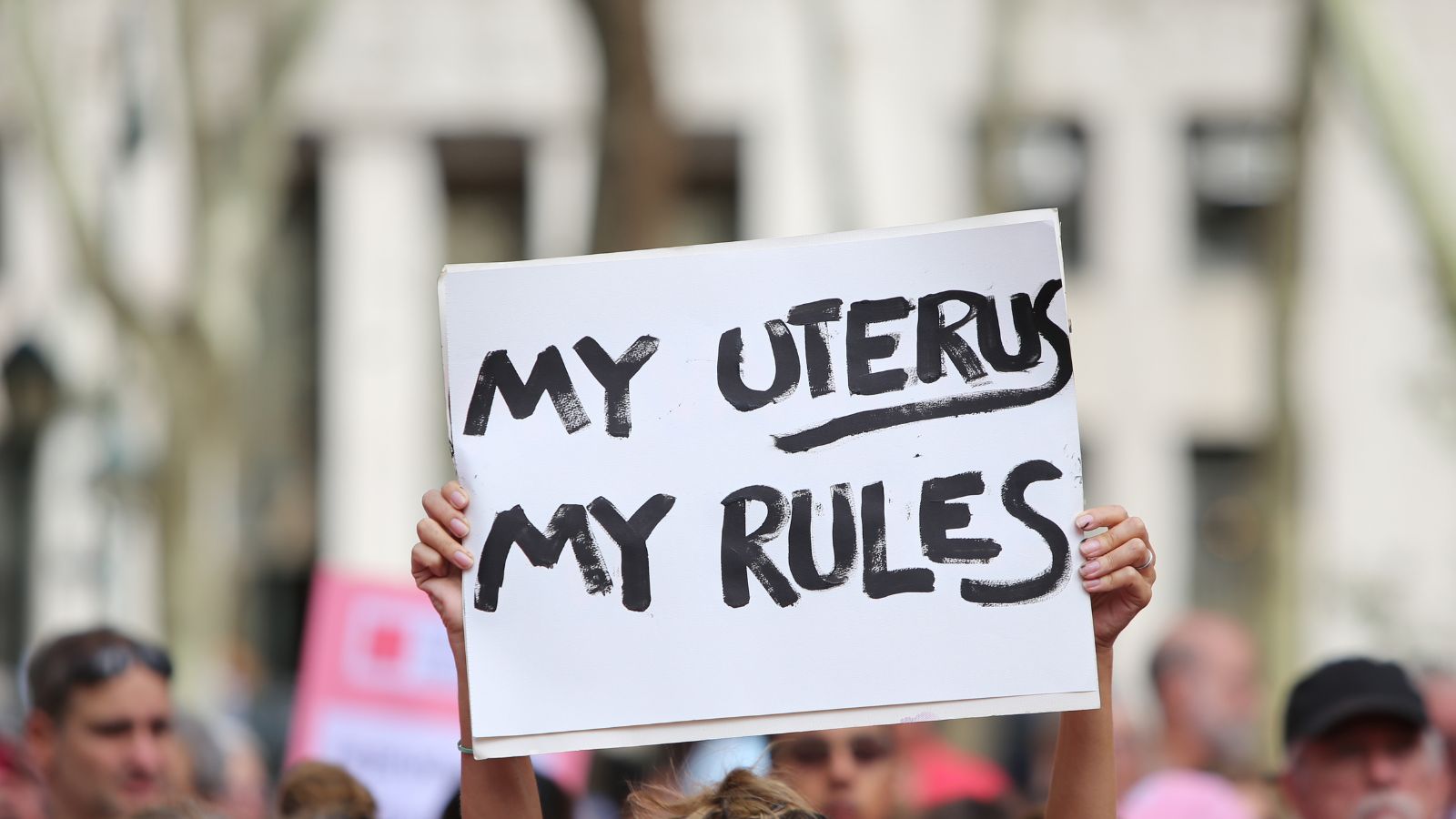The term “woke” has become a catch-all for being aware of social issues and striving for equality, and while the intentions behind these trends are often good, sometimes the execution can be problematic. These are 18 woke trends that could actually be doing more harm than good.
Performative Activism

Performative activism is when people publicly support social causes to appear “woke” rather than out of genuine concern. This trend is harmful because it dilutes the efforts of real activism. When people focus more on looking good on social media than making actual changes, the true purpose of activism gets lost.
Virtue Signalling

Similar to performative activism, virtue signalling often involves highlighting your own moral superiority. By constantly broadcasting their “woke” opinions, people can alienate others and create divisions—and his behaviour can also lead to superficial conversations about important issues, where the focus is on the individual rather than the cause.
Tokenism

What happens when organisations or individuals include a minority member only to appear inclusive is “tokenism”; this practice can be damaging because it doesn’t genuinely value diversity or provide meaningful opportunities. Tokenism often results in the minority member feeling isolated and unsupported.
Cancel Culture

Verywell Mind explains that “if you’ve been canceled, you may feel ostracized, socially isolated, and lonely.” Cancel culture aims to hold people accountable for their actions, but it often turns into public shaming. When someone makes a mistake, especially a minor one, cancel culture can lead to severe consequences—even job loss.
Outrage Culture

Getting excessively angry over minor issues is now known as “outrage culture”, and while it’s important to address injustices, constant outrage can lead to burnout and desensitisation. When people are always outraged, it becomes difficult to differentiate between serious issues and trivial matters, which can undermine the effectiveness of genuine activism.
Identity Politics

While recognizing diverse experiences is important, the trend of identity politics—focusing on specific social groups rather than broader common interests—can create unnecessary divisions. When people prioritise their group identity over shared goals, it can weaken the overall movement for social justice.
Over-policing Language

Inclusive language is crucial, but over-policing it can stifle free speech and create a culture of fear; when people are overly cautious about every word they say, conversations become less genuine. This environment can prevent honest dialogue and stop the resolution of more complex issues.
Microaggression Overemphasis

Addressing microaggressions is important, but an excessive focus on them can distract from larger systemic issues. When the emphasis is on minor, often unintentional slights, it can lead to a sense of victimhood and divert attention from more significant injustices.
Eco-shaming

Ever heard of eco-shaming? This is when you criticise others for not being environmentally conscious enough. It’s true that promoting eco-friendly practices is vital, but shaming people can be counterproductive. It can lead to guilt and defensiveness rather than inspiring overall positive change, as they’re more likely to double down.
Safe Space Overreach

Safe spaces are intended to provide a supportive environment, but when taken too far, they can limit free expression and critical thinking. If people are shielded from all differing opinions, it can compromise their ability to engage with and understand diverse perspectives, because healthy debate and exposure to different ideas are essential for personal growth.
Social Media Trials

When a person is publically judged and punished based on online accusations, it’s known as social media trials. This habit can bypass due process and lead to unfair consequences. It encourages a mob mentality where people are quick to condemn without full understanding or evidence—which can ruin lives and reputations.
Victimhood Culture

Victimhood culture emphasises the victim status of individuals or groups, often leading to a competition of who is the most oppressed. It’s important to recognize and address victimisation, nevertheless constantly framing a person or others as victims can be disempowering.
Overuse of Trigger Warnings

Meant to prevent distress, trigger warnings can be overused these days, which can be counterproductive. When people are constantly warned about potential triggers, it can increase anxiety and make it harder to cope with real-world situations. Building resilience through exposure to challenging topics, in a supportive way, can be more beneficial.
Cultural Appropriation Sensitivity

It’s always imperative to respect cultures, yet extreme sensitivity to cultural appropriation can stifle cultural exchange and appreciation. When people are afraid to engage with or celebrate different cultures, it can create unnecessary barriers, rather than approaching other cultures with respect.
“Woke” Capitalism

“Woke” capitalism involves companies adopting social justice causes for marketing purposes without making substantial changes; this trend can be deceptive, as it gives the illusion of progress while maintaining the status quo. Consumers may be misled into supporting brands that aren’t genuinely committed to the causes they promote.
Purity Testing

Scrutinising individuals to ensure they align perfectly with all aspects of a particular ideology is known as purity testing, and can lead to exclusion and infighting within social movements. When people are judged for not being “woke” enough, it can discourage participation and weaken the overall effort toward social justice.
Oversimplification of Complex Issues

Oversimplification happens when nuanced issues are reduced to black-and-white terms, which can hinder understanding and effective solutions. Social issues are often complex and require in-depth discussion and analysis, so simplistic approaches can overlook important factors.
Enforcing Uniformity

And finally, the trend of enforcing uniformity involves pressuring everyone to think and act the same way about social issues. This can suppress individuality and critical thinking, as a healthy society values diverse opinions and approaches, after all.







